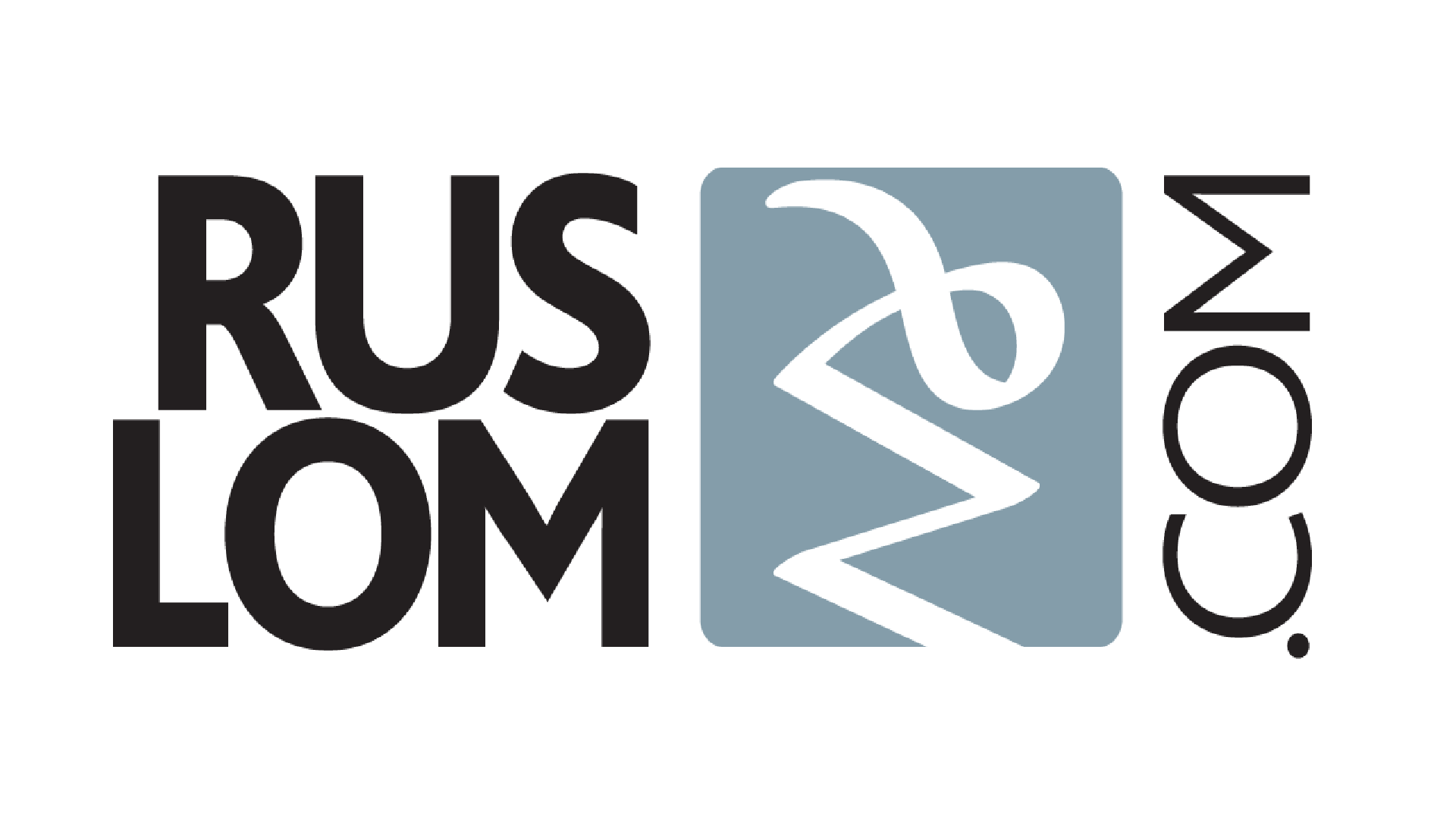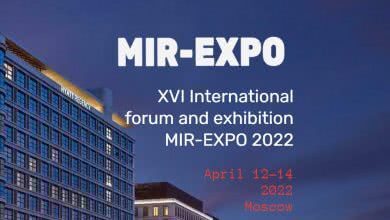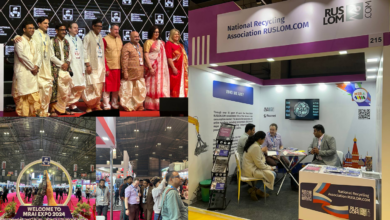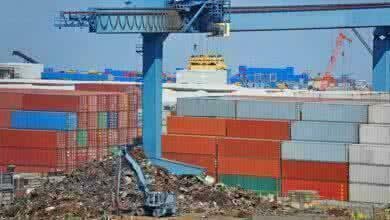08 August 2024
The National Recycling Association RUSLOM.COM continues to publish its regular newsletter for international partners, containing valuable proprietary information on the Russian metals and scrap markets – RUSLOM.COM self-regulatory news and updates; the national metal scrap processing industry stories; as well as the latest Rusmet Rating Agency market indices. We welcome your feedback and communication, based on the above newsletter.
Index
RUSLOM.COM NEWS: ANNOUNCEMENTS AND POST-RELEASES. 3
Balance of Metals and Raw Materials Markets session is held at INNOPROM-2024. 5
Introductory meeting of RUSLOM.COM’s newly elected Presidium is held. 7
RUSSIAN SCRAP PROCESSING INDUSTRY NEWS. 8
RUSAL to melt aluminium scrap in new way. 8
Eco- friendly recycling of metallurgical waste. 9
New plant in Kursk region: zinc oxide from recycled resources. 9
Scrap metal market continues to be in turmoil 10
RUSMET RATING AGENCY INDICES. 11
METALLURGY NEWS OF RUSSIA.. 12
Possibility of Russia’s rare earth industry integrated management 12
Russia’s iron and steel exports to EU up. 13
Russian industry slows in June amid positive dynamics for half-year period. 14
New M&A deals in the copper mining sector 14
Gold mine in North Caucasus. 15
New bimetallic product of Severstal 15
MMK supplies Arctic steel to Russia’s shipbuilding industry. 16
Chelyabinsk Electrometallurgical Plant invests in new chrome deposit 16
MACROECONOMIC NEWS OF RUSSIA.. 18
Indexation of utilisation fee proposal 18
President Vladimir Putin speaks about plans to scale up digital rouble project 18
Progress of recycled polymers products. 19
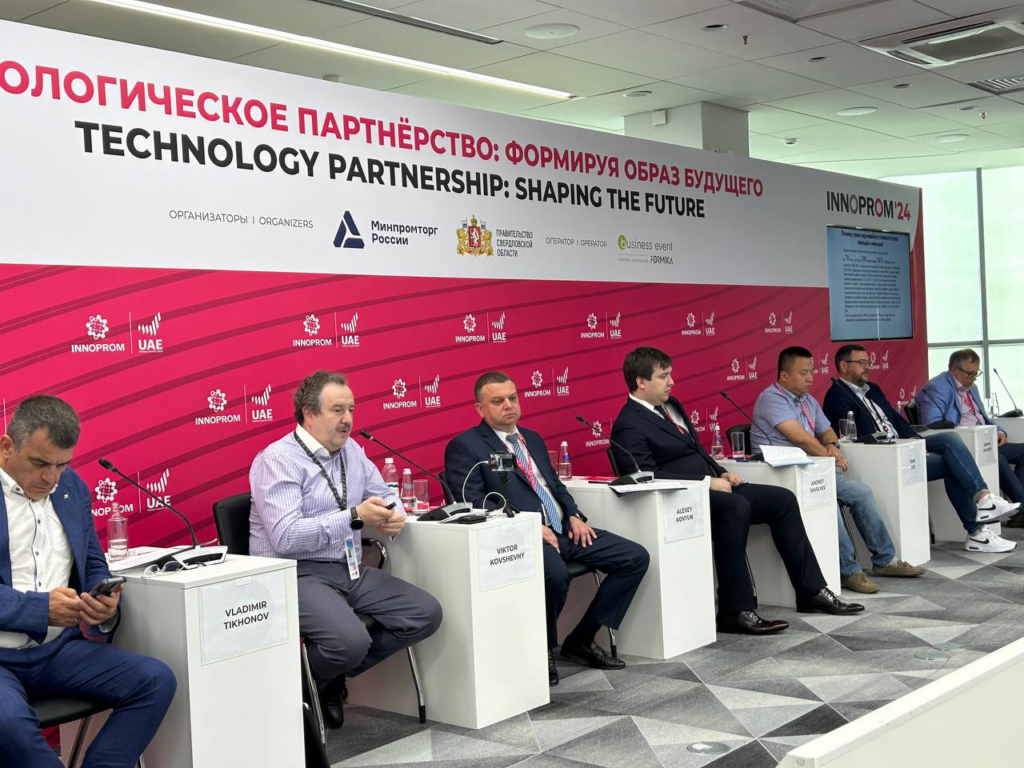
RUSLOM.COM NEWS: ANNOUNCEMENTS AND POST-RELEASES
Freight industry conference on 27 August to propose to authorities how to improve efficiency of industrial freight transport
The 7th industry conference “Cargo Transportation for Industry: Metals, Scrap, Gravel, Grain, Sand” will be held on 27 August at the Hilton Moscow Leningradskaya 5* hotel (21/40 Kalanchevskaya Street, Moscow).
The conference is organised by Rusmet, a Russian Rating Agency with 27 years of history, specialising in analytics in the metals and scrap industry and currently actively engaged in “information import substitution” in these industries.
The conference will bring together delegates from metallurgical and scrap processing companies, logistics companies, railway operators, banks, grain holdings, transport and loading equipment suppliers.
Representatives of the Ministry of Transport of Russia, Ministry of Industry and Trade of Russia, Skolkovo Innovation Centre, IPEM, Association Russian Steel, Pipe Industry Development Fund, Russian Railways, RosAvtodor, National Recycling Association RUSLOM.COM, as well as leading logistics analysts will act as experts.
The conference participants will discuss the challenges faced by the industry in the field of industrial cargo transportation in terms of competition with crushed stone and grain, as well as make proposals to improve the efficiency of logistics work, which will be submitted to the authorities for consideration.
In August, there is traditionally an increased load on the railway transport infrastructure due to the high demand for passenger transport during the holiday period, as well as the purchase of crushed stone by builders and the need for metallurgists to form a winter stock of scrap metal. But in terms of freight transport, the priority is usually given to crushed stone, as it freezes in the wagons during frosts. Transportation of scrap metal often takes place in October and later, which reduces the availability of raw materials at the plants, increases the cost of scrap and prevents its reorientation from export to the domestic market.
Another issue is the growth of railway tariffs for scrap delivery. In 2020 it increased by 3.5%, in 2021 by 3.7%, in 2022 by 18.6%, in 2023 by 10.75%, and in 2024 by 11%. Thus, logistics costs now account for more than 20% of the scrap value. In addition, metallurgical plants conclude service contracts with railway operators for 5-7 years, according to which they cannot provide their wagons to scrap suppliers for delivery of recyclable materials to the enterprise and accept scrap on the wagons of the scrap collector. In connection with the above-mentioned issues, a situation is developing where shippers start competing with each other, rather than with freight carriers, as the current legislation suggests.
Due to the difficulties with railway transport, it is necessary to look for alternative ways of cargo delivery. The development of road and water transport could reduce the burden on railways. But there are barriers here as well. The water transport sector requires modernisation and renewal of infrastructure. Road transportation also needs regulation, as trucking companies favour grain due to harvesting, and the possibility of increasing their own fleet is hampered by the high cost of maintenance. For example, the price of fuel and lubricants in Russia has increased by 40% on average, and in the southern regions it reaches 100%. The growth of drivers’ salaries has exceeded 50% due to competition for staff with other industries. The average price of domestic and Chinese scrap trucks in 2021 was around 10 million, now it is over 13 million. Repair costs have increased by 35-40%.
Leading market players and experts will discuss how to improve transport operations in the busy autumn season, solve the problem of competition of scrap transportation with crushed stone and grain, reorient export volume to the domestic market, and analyse the reasons for the decline in scrap and metal transportation.
The conference will result in a resolution of the industry community with specific proposals to the authorities.
Draft conference programme: https://www.rusmet.ru/events/new-events/7-ya-konferentsiya-gruzoperevozki-dlya-promyshlennosti-metally-lom-shcheben-zerno-pesok/
Two members of RUSLOM.COM sign agreements on development of production facilities with state support
Two members of the National Recycling Association RUSLOM.COM signed agreements on the development of production facilities with state support in the Rostov Region during INNOPROM-2024.
It is planned to create an enterprise worth up to 4 billion roubles in the Rostov Region for processing of waste of electrical and electronic equipment. The signing of the agreement was announced at the session of the Rusmet Rating Agency at the International Industrial Forum INNOPROM-2024. The agreement was signed by the Rostov Region Investment Development Agency and AKRON HOLDING.
Also at the event it was announced that 4 billion roubles would be invested in the development of the Ug-Met Industrial Park. Located in the Aksai District
Ug-Met Industrial Park is one of the largest infrastructure complexes in the South of Russia in the field of ferrous and non-ferrous metal recycling.
Representatives of RUSLOM.COM and Rusmet Rating Agency participate in a BRICS Working Group meeting on Mining and Metallurgy
The topic was increasing consumption of steel and non-ferrous metals in the construction sector. The session was moderated by Andrey Savelyev, Department of Metallurgy and Materials of the Ministry of Industry and Trade of the Russian Federation.
Reports are presented by experts:
- Alexey Sentyurin , Director of the Russian Steel Association,
- Dmitry Kolotilov, Chairman of the Trade Policy Commission of “Russian Steel”,
- Valery Ogarkov, representative of Central Research Institute Chermet.
Also, experts from RSPP, the Aluminium Association, Chinese colleagues from the departments of the relevant agencies.
Balance of Metals and Raw Materials Markets session is held at INNOPROM-2024
The session was moderated by Viktor Kovshevny, Director of the National Recycling Association RUSLOM.COM.
Andrey Savelyev from the Department of Metallurgy and Materials of the Ministry of Industry and Trade, made a welcoming speech. He spoke about indicators and trends in the regulation of domestic and foreign markets of metals and scrap, in particular, about the plans for reforms in the regulatory approach to the allocation of quotas for the export of ferrous scrap in relation to the specifics of the region.
Andrey Savelyev also drew attention to the progress in streamlining control in scrap collection.
The session continued with a presentation by Victor Kovshevny. The speaker presented forecasts for the segments of steel products, scrap, and steel and analysed the factors that will influence the development scenarios of these segments in Russia. For steelmaking, he suggested the base scenario in 2024 as the most probable, and the conservative scenario for pipes
For comparison Viktor Viktorovich cited the situation in Turkey and other countries’ markets. He also drew attention to the problems of railway and road logistics of metals. In railway freight transport, the issue of lack of wagons and high tariffs is acute. In road deliveries, it will be necessary to overcome the shortage of drivers, as well as the issue of insufficient vehicle fleet due to sanctions and road infrastructure in a number of regions.
Victor Kovshevny also appealed to the Ministry of Industry and Trade with a request to intervene in the situation with the decline of the stainless steel scrap market.
According to the Director of RUSLOM.COM, stainless steel scrap collection is actually destroyed due to the current limited domestic market and the impossibility of export (there is a barrier duty of 290 euros per tonne and a ban on export to unfriendly countries).
In the Russian Federation it is planned to open additional capacities for production of stainless steel, and revival of demand for stainless steel scrap. Thus, the Russian Stainless Company in Volgograd will potentially consume at least 100 thousand tonnes of B26 grade scrap, but only from 2027.
The speaker fears that by that time, if the scrap collection market is not stimulated, the plant will not be able to load the furnaces with recyclables. He said that the members of RUSLOM.COM propose to remove the barrier duty on the export of stainless steel scrap from Russia.
Mr Savelyev commented that the Ministry is ready to consider changing the level of the rate without lifting the ban on exports to unfriendly countries.
Concluding the session on the balance of metal and scrap markets, the president of the Association RUSLOM.COM Vladimir Volodkin thanked the delegates of INNOPROM-2024 for the attention to the session and invited to join the Association. The speaker noted that the purpose of the Association is to increase the efficiency of involvement in the recycling of scrap and other recyclable materials, to achieve the objectives of ecology and raw material safety of industry.
Separately, Mr Volodkin spoke about the structure and functions of the organisation and noted that RUSLOM.COM is the only industry association in the form of a self-regulated organisation in the country, which consolidates more than 75% of the market for ferrous scrap consumption and about 60% for non-ferrous scrap.
Introductory meeting of RUSLOM.COM’s newly elected Presidium is held
Members of the collegial governing body met on 10th of July to discuss the agenda at the partner stand of the Association at the Innoprom-2024 exhibition in Yekaterinburg.
As a result of the meeting, the composition of the Control Commission of the Association was elected for the period of work of the new Presidium.

RUSSIAN SCRAP PROCESSING INDUSTRY NEWS
RUSAL to melt aluminium scrap in new way
RUSAL is finalising the development of a fleet of rotary furnaces that will enable it to remelt aluminium scrap on an industrial scale and use it to produce low and ultra-low carbon footprint aluminium.
The company has already commissioned five such furnaces at its production sites. The project will enable 17,000 tonnes of consumer aluminium scrap to be melted and recycled annually.
The new equipment will also enable the processing of approximately 40,000 tonnes of aluminium slag per year, which contains approximately 40% aluminium. To secure raw materials for the new facilities, the company plans to enter into long-term agreements with scrap collectors across the country, ensuring transparent pricing and guaranteed purchase volumes.
RUSAL is also implementing other aluminium recycling projects. The company is using recycled scrap to produce primary alloys with an extremely low carbon footprint for car manufacturers. In addition, the Volgograd aluminium smelter has been remelting processing scrap since 2021 and recycled 1,150 tonnes of metal in 2023. The smelter uses a standard gas furnace to remelt clean metal.
Eco- friendly recycling of metallurgical waste
Researchers from the South Ural State University have proposed an innovative method of reutilising metallurgical waste to produce raw materials for the production of pig iron and steel.
Today, millions of tonnes of metallurgical waste are accumulated in Russia, and the solution proposed by the Chelyabinsk scientists will help the country’s steel plants and rolling mills to solve these problems.
Metal production and processing produces waste in the form of zinc-containing dust and greasy dross. To make the most of this waste, it is pressed into briquettes, with prior removal of chlorine from the dust. The briquettes processed in this way are suitable for the production of, for example, pig iron or steel. The processed dross will be used in blast furnaces, replacing ore and saving coke due to the component contained in it.
Conversion of metallurgical waste into high-strength construction materials: modern technologies and sustainable development
At the request of a Russian company, scientists from the Crimean Federal University (CFU) have researched and developed new methods for creating building materials from recycled metallurgical slags and anthropogenic carbon dioxide. The scientists created a new technology and together with designers developed an unparalleled carbonisation chamber.
Metallurgical enterprises produce a huge amount of slags, in Russia their volume reaches almost 500 million tonnes. Blast furnace and steelmaking wastes, ferroalloy slags and non-ferrous metal slags pollute large areas. To find ways to recycle them, CFU scientists cooperated with five enterprises in the Central and North-Western Federal Districts of Russia.
Slags produced at high temperatures contain substances that can react with carbon dioxide. The aim of the researchers was to develop optimal technological conditions to increase the reactivity of these minerals and make them suitable for carbonisation.
In total, several samples of various slags, including those produced during the processing of alumina raw materials, were studied during the research period. As a result, the scientists developed technologies to produce high-strength products, such as paving slabs and bricks, made entirely from waste, slag and carbon dioxide.
These products have high strength, durability, frost resistance, are resistant to acids and temperature fluctuations, significantly surpassing cement analogues. Raw materials for their production are cheap, and many enterprises will be ready to give some types of slags for free to get rid of their presence on their territory.
New plant in Kursk region: zinc oxide from recycled resources
At the beginning of 2025, a plant for the production of zinc oxide from recycled resources will start operating in the Zheleznogorsk district of the Kursk Region. The enterprise will process up to 120 thousand tonnes of waste annually. This pilot project is being implemented within the framework of the industry programme “Application of secondary resources and secondary raw materials from waste in industrial production” of the federal project “Circular Economy”.
As part of the pilot project, a plant, LLC Zincum, will be built to utilise valuable secondary resources containing zinc and iron, processing up to 120,000 tonnes of secondary resources. The production will result in the formation of zinc waelz-oxide – raw material for zinc metal production, clinker – iron-containing raw material for ferrous metallurgy and cement industry, as well as secondary ignites – raw material for non-ferrous metallurgy.
Zinc waelz oxide is the most important raw material for production of metallic zinc, which is in short supply in Russia. The country has to import 20-30% of the required volumes of zinc from abroad, as its consumption exceeds domestic production.
The plant is scheduled to be launched in early 2025, with construction and installation works scheduled to be completed by the end of 2024. The project will create about 100 jobs and capital investments will amount to over RUB 7bn.
Scrap metal market continues to be in turmoil
According to RUSLOM.COM and Rusmet Rating Agency, demand for scrap metal has fallen, and therefore its price is far from its maximum. The situation was complicated by the extension of the tariff quota for exports of scrap and ferrous waste outside the Eurasian Economic Union (EAEU) until December 31, 2024. Metallurgists have once again won this battle against scrap metal collectors.
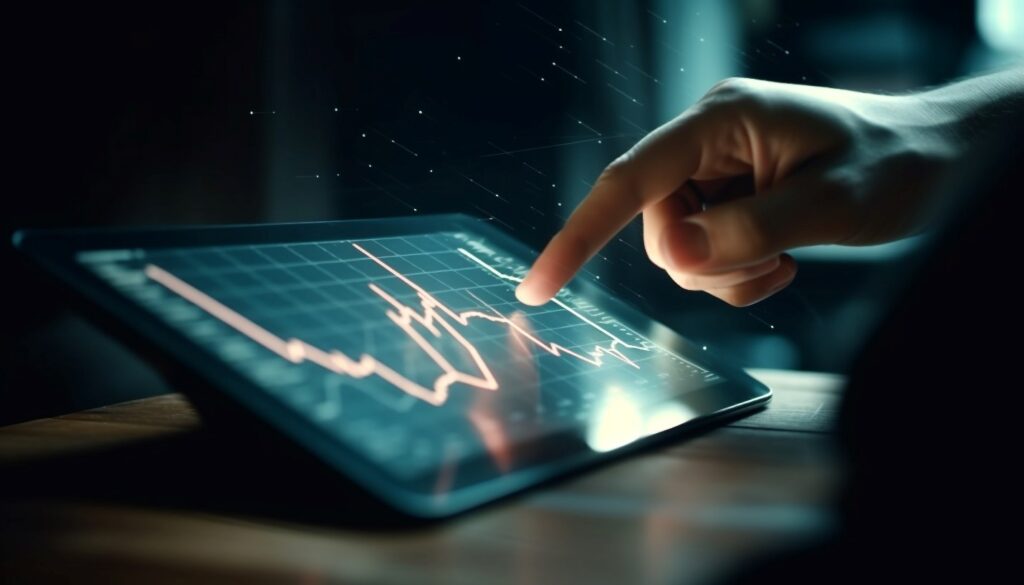
RUSMET RATING AGENCY INDICES

The Weekly Rusmet Index for Steel Scrap 3A FCA Russia domestic on 31th week 2024 (29 Jul – 04 Aug) settled at 23 450 RUB/mt (ex VAT). The Index decreased by 750 RUB/mt (-3,1%) compared to previous week.
For 31th week 2024 (29 Jul – 04 Aug) Rusmet Billet Index FOB Black Sea settled at 41 584 RUB/mt (down 1,5%), Rusmet HRC FOB Black Sea Index settled at 46 061 RUB/mt (down 0,5%), Rusmet CRC FOB Black Sea Index settled at 56 823 RUB/mt (down 0,5%), Rusmet Rebar FOB Black Sea Index settled at 43 3322 RUB/mt (down 0,7%).
Rusmet Coal FOB Australia (62% CSR) Index compared to previous week decreased by $2 (-1,1%) to 199$/mt, Index for Coal FOB Australia (70% CSR) compared to previous week decreased by $7 (-3,2%) and is equal to 216$/mt.

METALLURGY NEWS OF RUSSIA
Possibility of Russia’s rare earth industry integrated management
According to an expert opinion, Russia needs a state structure capable of complex management of the rare earths mining process, from the development of deposits to the creation of final products for the industry. This suggestion was made to TASS by Professor Nikolay Pokhilenko, an academician of the Russian Academy of Sciences, doctor of geological and mineralogical sciences.
Such an initiative requires the creation of a special agency, similar to the USSR Council of Ministers for Scientific and Technical Policy, which would coordinate the entire production chain from mining to the use of rare metals. Russia should strive not only to extract these resources, but also to create its own industrial end products based on them. At present, the country has to buy rare earth metals abroad in the form of individual components, and the range is quite wide.
Russia ranks second in the world in terms of rare earth reserves, but its extraction accounts for less than 1% of the world total, and its processing is practically non-existent. Currently, the Ministry of Natural Resources is responsible for mining, while the Ministry of Industry and Trade is responsible for their economic use. There is no specialised agency to manage the industry.
In July, the Russian Minister of Industry and Trade said that Russia plans to increase its production of rare and rare-earth metals eightfold over the next decade.
According to Professor Pokhilenko, a specialised structure would make the development of rare earth metals deposits more comprehensive, tracking the mining process from start to finish, which would make it possible to fully meet Russia’s domestic needs.
Minister of Industry and Trade reports to President on results of state support for steel companies
Anton Alikhanov, the Minister of Industry and Trade, noted that the government continues to create a strong demand for steel products in the domestic market through the implementation of large-scale infrastructure construction projects, including those included in the new national projects.
The government provides state support to steel companies that are increasing their investments in the creation of new high-tech production facilities and the greening of existing facilities. There are also state programmes of support through R&D. This format is used to develop technologies for the production of bearing and medical steels and other new types of products.
A number of projects will receive tax incentives totalling RUB 400 billion under the terms of SPIC 2.0, including the creation of low-carbon footprint production facilities. In turn, the DIF has granted preferential loans for the greening of certain facilities of enterprises.
Projects to develop the Udokan and Malmyzhskoye copper deposits are being implemented.
In previous years, technologies were developed to process complex ores and extract these metals. Now major investment projects are being prepared for launch with state support. It is planned to increase the output of rare and rare-earth metals 8 times by 2030 and reduce the share of imports in consumption to 15 per cent.
Russia’s iron and steel exports to EU up
Russia exported metals and metal products worth around EUR 370 million to the EU; this is the highest level of Russian iron and steel exports to the EU in the last two years. Most of the shipments were semi-finished products of iron or non-alloy steel and ferro-alloys.
The main buyer of Russian metals in May was Italy, with a volume of 120 million euros.
This makes Russia the leading exporter of iron and steel to the EU. In second place was South Korea and in third place India, whose deliveries to the EU halved.
Russian exports of aluminium to Europe also increased. The largest increases in aluminium imports from Russia were recorded by Germany – up to 16 million euro, Italy and Sweden – around 19 and 7 million euro respectively.
Russian industry slows in June amid positive dynamics for half-year period
Russia’s industrial production growth in June 2024 was 1.9 percent year-on-year, a significant slowdown from May’s 5.3 percent. The slowdown was the lowest since March 2023, when growth was just 0.7 percent. Analysts’ expectations of a 3.7 percent increase were not met, and this was partly due to calendar factors: there were two fewer working days in June 2024 than in June 2023.
For the first half of 2024, the country’s industrial production increased by 4.4 percent year-on-year. However, the manufacturing sector has seen a slowdown in growth, which stood at 4.6 percent in June, down from 9.1 percent in May. In the extractive sector, production fell by 3.1 percent.
Among the industries that showed positive dynamics in June are the production of finished metal products (+30.9%), motor vehicles (+21.7%), computers and electronics (+20.3%). At the same time, a significant decline in production was recorded in the segments of machinery and equipment (-18.6%) and mining of other minerals (-17.2%).
The first half of 2024 also saw an impressive growth in passenger vehicle production, with a 62.2 percent increase, equivalent to 330 thousand units. Some 63,000 passenger cars were produced in June, up 45.9% year-on-year.
Economists forecast industrial growth in Russia at 4.0% in 2024, although the Ministry of Economic Development expects more modest growth of 2.5%. In the manufacturing sector, the ministry is targeting a 4% increase, emphasising the need to adapt to current economic conditions.
New M&A deals in copper mining sector
Artem Volynets, a former top executive at Russian aluminium giant RUSAL, is looking to acquire copper assets to be incorporated into London-listed SPAC. The Volynets-led mining company plans to acquire copper mines in Africa, North and South America and increase annual copper production to 300,000 tonnes by 2027, which would account for more than 1% of global copper production. The company has already acquired a copper mine in Turkey for $300m.
Analysts forecast a shortfall of 5m tonnes of copper in the market by 2030 due to rising demand for the metal in renewable energy sources, electric vehicles and artificial intelligence technologies.
Investors can buy shares in copper-related mining companies on the London Stock Exchange, including shares in Chile’s Antofagasta, which is valued at £20bn.Other investment options include Glencore, Rio Tinto and Anglo American, which also produce other minerals such as iron ore and metallurgical coal. However, demand for these materials is not expected to grow as much as copper.
ACG, a London-listed mining company, plans to acquire more copper assets in the future. The company tried to raise $300 million last year to buy two nickel and copper mines in Brazil for $1.1 billion with financial backing from commodities trader Glencore and European carmakers Volkswagen and Stellantis. However, the deal fell through due to disagreements over the valuation of the assets to be acquired.
ACG announced that it had fully financed the acquisition of the Gediktepe gold and silver mine in western Turkey for $290m.The deal was financed by Lidya, a subsidiary of Turkish conglomerate Calik, which was originally a textile producer. It is now a major supplier of clothing to Zara.
ACG will pay $100 million in cash and issue new shares in Lidya for the equivalent of $37 million or a 30 per cent stake in the company.
ACG also plans to invest $145m to increase production to develop a new copper and zinc deposit and produce 25,000 tonnes of copper a year, generating $80m in annual profits by 2026. The company has raised $220m through a bond and equity issue from Luxembourg-based trader Traxys, mining private equity fund and sponsors ACG, and an unnamed European family investment firm. ACG is also considering an additional equity offering to fund new asset acquisitions backed by investment bank Stifel.
Gold mine in North Caucasus
A specialised company started geological exploration work at the B.K. Mikhailov gold deposit in Kabardino-Balkaria. Located near Tyrnyauz, the deposit was discovered during the reassessment of the reserves of the previously developed tungsten-molybdenum deposit.
A geological assessment and feasibility study for gold production will be completed by the end of 2025. The deposit is unique for the North Caucasus due to its scale and the possibility of open-pit mining, which significantly simplifies and cheapens the production process.
According to experts, similar deposits with such reserves and easy access to the metal have not been found in Russia for the last decades. The profitability of gold mining is due to the availability of infrastructure, which reduces production costs.
Elbrusmetall, a company established jointly with Rostec State Corporation, is developing the deposit. The subsidiary Elbrusmetall-Gold will be directly involved in gold mining. The reserves of precious raw materials are tentatively estimated at 87.7 tonnes.
The project includes the establishment of a mine, a processing plant, and a hydrometallurgical plant in Nevinnomyssk. The two enterprises are expected to employ over 900 people, contributing to the economic development of the region and creating new jobs.
New bimetallic product of Severstal
Severstal has introduced an innovative product in the POWERS line of wear resistant and high strength steels – Powerhard Duo bimetallic rolled product. It combines high strength properties and wear resistance.
The use of Powerhard Duo increases the service life of machine and equipment parts more than twice as much as conventional materials, which is particularly important for structures operating under maximum loads, such as mining conveyors, slurry pipelines, etc.
Over the past year, Severstal has improved technologies for the production of bimetals with different properties, increased competence and production capacity, and modernised certain parts of existing equipment.
Severstal has developed a product that will improve efficiency by extending equipment life and repair intervals. The company is actively developing the business of wear-resistant bimetallic rolled products, expanding the range of materials and their applications as part of Prospective Engineering. This service enables the company to reduce customers’ operating and capital expenditure and increase profits through the use of advanced materials with improved properties.
MMK supplies Arctic steel to Russia’s shipbuilding industry
Magnitogorsk Iron and Steel Works is the leading steel producer for the shipbuilding industry, occupying up to 50% of the market for metal supplies to Russian shipyards.
The development of Arctic hydrocarbon resources and the intensive use of the Northern Sea Route require the use of cold-resistant steel for the construction of icebreakers and marine equipment. The main materials for Arctic structures are low-alloy, high-strength, weldable steels with a ductile-brittle transition. Steel for icebreakers, offshore platforms and Arctic equipment must meet special requirements.
The competitiveness of MMK steels is ensured by a unique combination of economical alloying and high strength, toughness and low temperature properties (down to -60˚C). These steel grades can be used without restrictions in arctic conditions and have no analogues in the world. MMK is also developing the production of steels with an Ags index for use in the Far North.
Chelyabinsk Electrometallurgical Plant invests in new chrome deposit
Chelyabinsk Electrometallurgical Plant has won the right to develop the Zapadnoye chrome ore deposit in the Yamalo-Nenets Autonomous District for 25 years. The combine obtained this right by paying 110 million roubles to the federal budget. According to the plan, more than 300 million roubles will be invested in the infrastructure of the deposit by the end of the year.
Chelyabinsk Electrometallurgical Plant is the largest ferroalloy producer in Russia, which fully meets the needs of the domestic steel industry. The plant’s products are widely used in various industries, such as the paint and rubber industry, as well as in construction and agriculture.
The Zapadnoye deposit contains easily enriched high-chromium ores. Mining is planned both by open pit and underground mining. Prospective reserves are estimated at 1.87 million tonnes, with the possibility of increasing them by developing deeper horizons.
At the moment, the company is also developing the Tsentralnoye deposit, located 35 kilometres from the settlement of Kharp, by underground mining. In addition to geological exploration and mine development, the company has created an ore enrichment system by acquiring the necessary equipment.
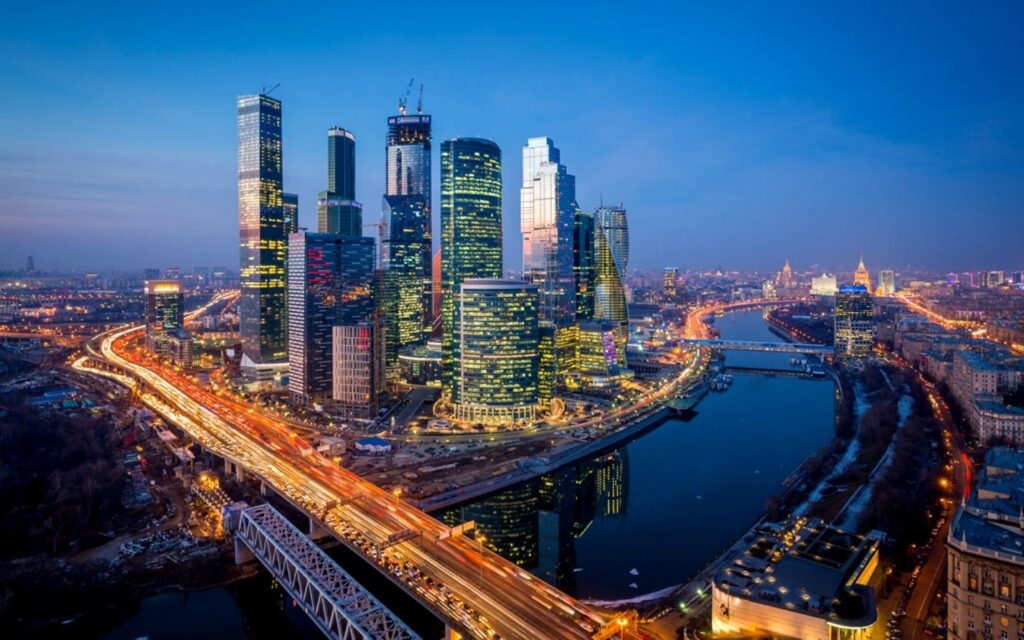
MACROECONOMIC NEWS OF RUSSIA
Indexation of utilisation fee proposal
The Ministry of Industry and Trade is proposing to introduce a gradual indexation of the utilisation fee rates for vehicles and special equipment, according to a draft resolution of the ministry.
The rate could be indexed by an average of 70-85% in the first year and by 10-20% in the following years, the ministry said. For construction and road-building equipment, the possibility of indexation is being considered from 2025, with the rate increasing by 15% each year.
The increase in the utilisation fee is likely to make imports more expensive, but it is not impossible that the price of Russian-made cars will also rise, as the existing compensatory measures will only partially cover the indexation of the tax.
President Vladimir Putin speaks about plans to scale up digital rouble project
The pilot project on the use of the digital rouble was launched by the Central Bank in August 2023. The peculiarity of this form of national monetary unit is that legal entities and individuals can use the digital rouble regardless of which bank they have an account with.
The project involved 12 banks, 600 individuals, 22 trade and service companies from 11 cities. Over 27 thousand transfers and over 7 thousand payments for goods and services have already been made in the system over the year.
The President proposed to move to a wider introduction of the digital rouble into the economy, economic activity and finance.
Ministry of Finance and Bank of Russia propose draft law on the list of precious metals turnover violators
Draft Federal Law No. 658358-8 proposes to amend Federal Law No. 115-FZ to toughen the provisions of the anti-money laundering law in the sphere of precious metals turnover.
According to Interfax, the Ministry of Finance and the Central Bank will maintain a list of organisations and private entrepreneurs who have not registered in the system for controlling the circulation of precious metals and precious stones (GIIS DMDK), and banks will not be able to write off funds from the accounts of these violators.
Progress of recycled polymers products
Rossiyskaya Gazeta reports that in 2023, 7.1 million tonnes of polymer raw materials were recycled in Russia, of which about 2.5 million were used for the production of disposable packaging, which after use ended up in landfills.
For example, in Europe, 54-58 million tonnes of polymer goods were produced, with 28 million tonnes of polymer waste collected, of which 8 million tonnes were recycled, 11 million tonnes incinerated and the rest buried.
There is still a shortage of secondary polymer raw materials in Russia due to the underdeveloped waste collection system in the country. At the same time, such recyclable materials, unlike scrap metal, are increasingly demanded by factories and are becoming more expensive.
CONTACT: Alexey Kondratyev Director, Public Relations National Recycling Association RUSLOM.COM Address: 119017 Bolshaya Ordynka st., 50 b.1, Moscow, Russian Federation Phone/fax:+7 (499) 490-49-28 Mobile:+7 (903) 363-53-93 E-mail:a.kondratiev@ruslom.com
